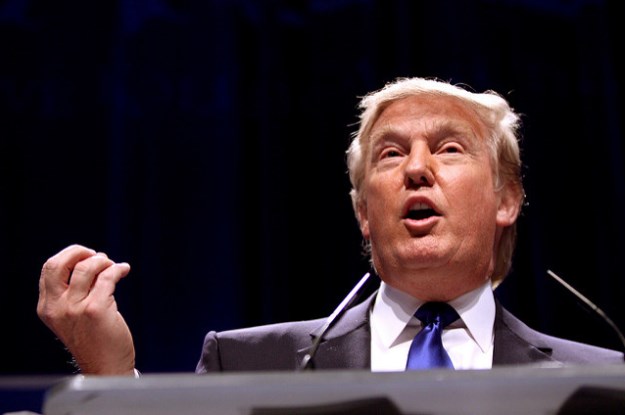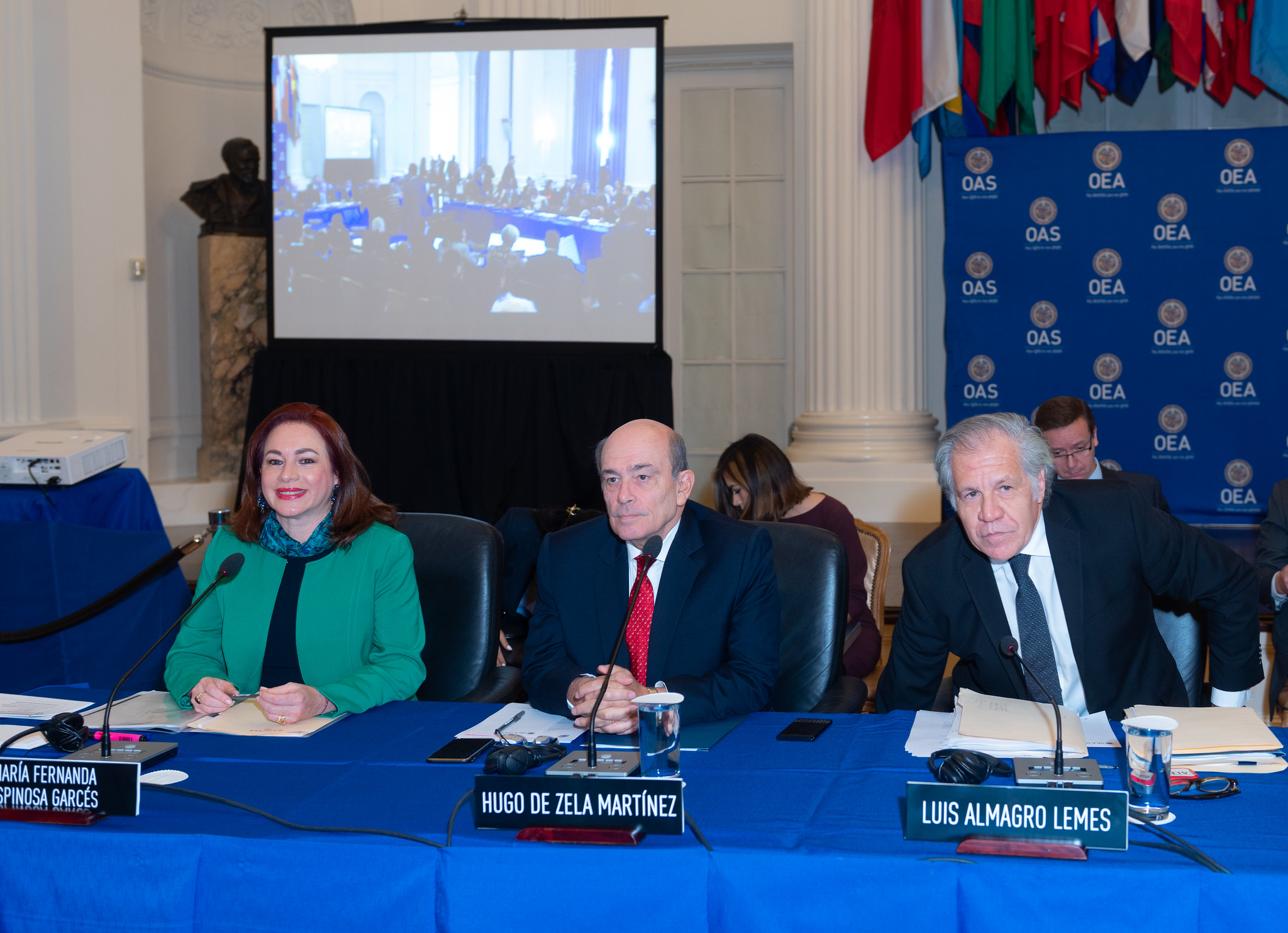Like waves caused by a faraway hurricane, big global events eventually tend to wash up on Latin America’s shores. In the 2000s, the rise of China and its appetite for commodities gave rise to a new Latin American middle class and a “pink tide” of left-leaning leaders who handed out the spoils. In the 1990s, the collapse of the Berlin Wall resulted in the “Washington Consensus” of free-market dogma and the growth of me-too trading blocs such as Mercosur, NAFTA and the Andean Community. And in preceding decades, the Cold War helped foster any number of dictatorships, guerrilla uprisings and midnight coups.
So what will be the fallout from “Brexit,” the rise of Donald Trump, and other manifestations of the new nationalism sweeping Western Europe and the United States? Will Latin America once again serve as a peripheral theater to the convulsions of the rich world? Or has the general prosperity and democratic consolidation of recent years bolstered Latin America’s own center of gravity, giving it the ability to resist – or perhaps even push back against – developments thousands of miles away?
There’s a distinct irony to all of this: The rich world is turning inward at precisely the moment when Latin America feels more open to trade and integration than it has in 20 years. The election of more outward-looking presidents in Argentina and Peru, and overtures to trade by Brazil’s new interim government, have signaled a shift away from the leftism of the past decade. In broad terms, the region’s Atlantic coast is more actively embracing the trade-friendly ethos that has served the Pacific, Asia-facing countries so well in recent years. The tragic implosion of Venezuela and the opening of Cuba have only accentuated the belief in capitals from Mexico City to Buenos Aires that the future lies with more globalization, rather than less.
Still, you have to wonder if some countries are arriving to the party just a few minutes too late.
For example: Mercosur, the bloc led by Brazil and Argentina, has struggled off and on since 1999 to negotiate a trade agreement with the European Union. Talks resumed in May amid some optimism, thanks to the new leadership in Argentina. But now, hardly anyone believes the EU will cut such a large and contentious deal as it copes with the departure of Britain (and perhaps others) in coming years. Even prior to Brexit, several EU countries seemed to be suffering from integration fatigue, as France spearheaded a broad revolt against the Mercosur talks. Similarly, the most touted global trade agreement in a generation, the Trans-Pacific Partnership, was seen as a big opportunity for the Latin American countries participating – Mexico, Peru and Chile – and a warning to others that they were being left behind. But that message, too, has lost its urgency as both major U.S. presidential candidates have declared their opposition to the deal.
Could free traders in Latin America rise above these setbacks? Perhaps. Brazil’s new foreign minister said Monday he would “redouble” negotiations with the EU. Alternatively, globalists could pursue greater integration within Latin America itself, or try to ensure that existing blocs work the way they’re supposed to (Mercosur has been dysfunctional for years). But that assumes the region’s nearly 600 million people won’t eventually be seduced by the same forces playing out in the developed world. Here, the outlook gets decidedly murky.
On the one hand, Latin America is largely free of the anti-immigration sentiment that many commentators blame for developments in the West. (This is, admittedly, in large part because the region has been a net exporter of people for decades.) But if you believe that Brexit and Trump are being driven by an even bigger phenomenon – rising inequality and class conflict – then Latin America, the world’s most unequal region, would seem to be fertile ground. Perhaps, in the constantly ebbing and flowing global battle between haves and have-nots, nationalist isolationism will be to the early 21st century what communism was to the middle of the 20th. The latter had so many adherents in Latin America that some wounds are still open – interestingly, the region’s longest-running Marxist insurgency ended the exact same day as the British referendum.
As to whether Latin America gets swept up by this wave, too, the decisive factor could well be the coming U.S. presidential election. Britain and the EU are so far away as to seem like a rumor. But Trump, with his vows to build a wall on Mexico’s border, deport millions of Latin Americans and renegotiate NAFTA and other trade deals, could single-handedly push the region’s governments to rally around the flag and erect their own new barriers. Some Mexicans believe a Trump victory would all but ensure the triumph of leftist Andrés Manuel López Obrador in their next presidential election, in 2018. Similarly, Brazil’s elite worries that, if Brexit and Trump push the world into recession, their own troubled economy’s recovery would be delayed – possibly delivering the presidency to an unpredictable anti-establishment figure such as Ciro Gomes that same year. If the region’s two biggest countries go that route, others will likely follow.
Put bluntly: If the world gives Latin America the middle finger, Latin America is likely to respond in kind. By the end of this most tumultuous and unexpected of years, we should know which way the tides are flowing.
P.S. Just as a thought exercise, let’s rewind back to 1990, when the Berlin Wall had just fallen and liberal values were on the march around the world. In the Peru of that era, the Maoist Shining Path insurgency posed an existential threat to democracy and the economy was in tatters. Who would have guessed that, a quarter of a century later, a disgruntled Britain would vote to exit the European Union and the United States would be on the verge of electing Donald Trump (after almost choosing a socialist as the other major nominee) – but that an increasingly prosperous Peru would elect as its president a 77-year-old former Wall Street executive and son of a Jewish refugee who escaped World War II with a platform of even greater trade and liberalization? I guess that’s one reason we watch these things: Latin America, as with the rest of the world, never ceases to amaze.
—
Winter is the editor-in-chief of Americas Quarterly









